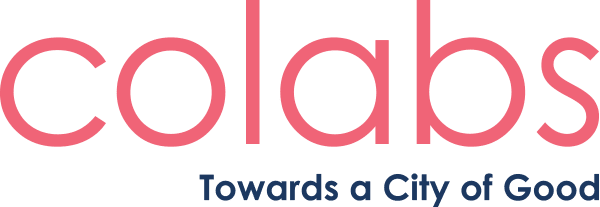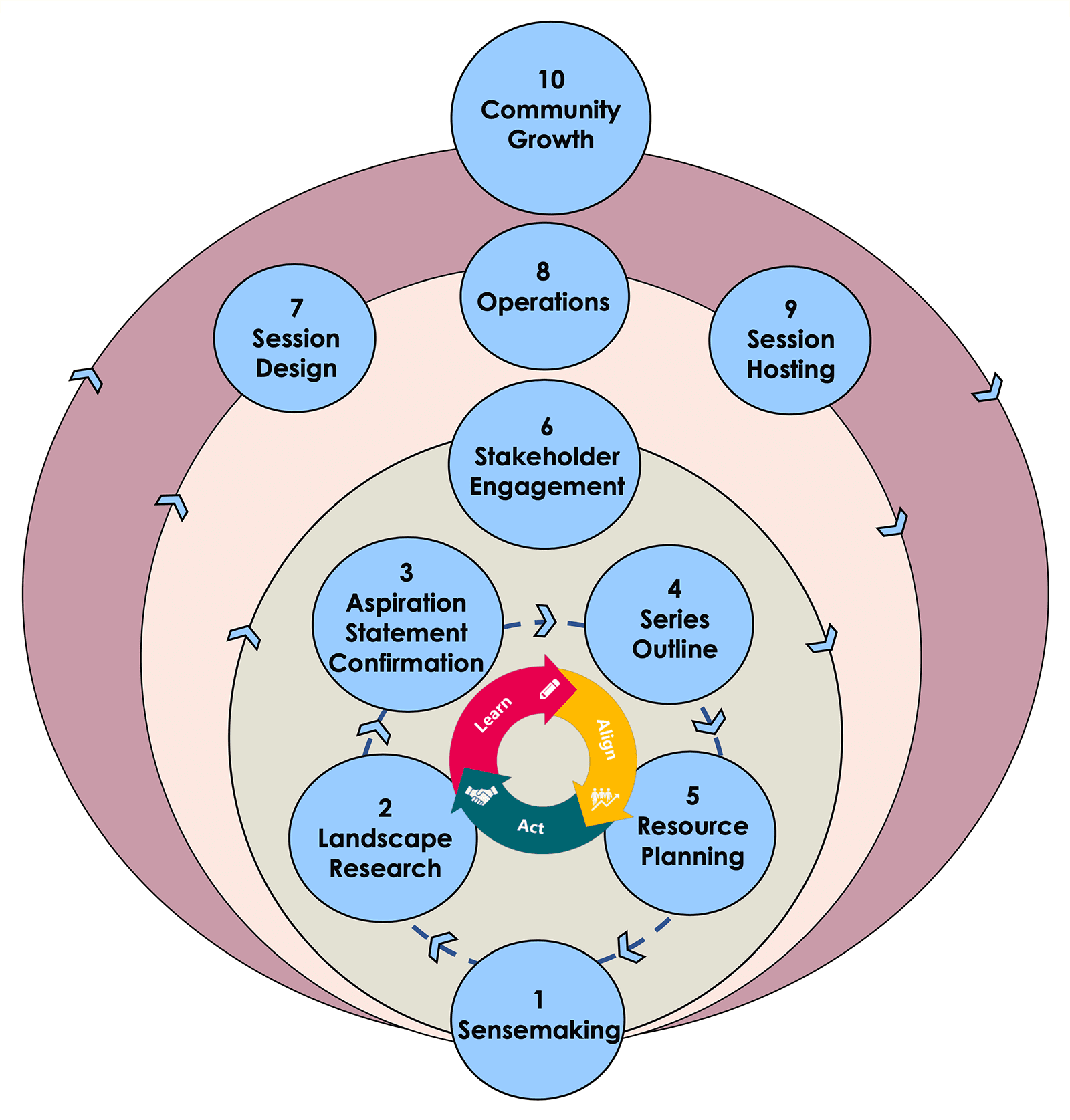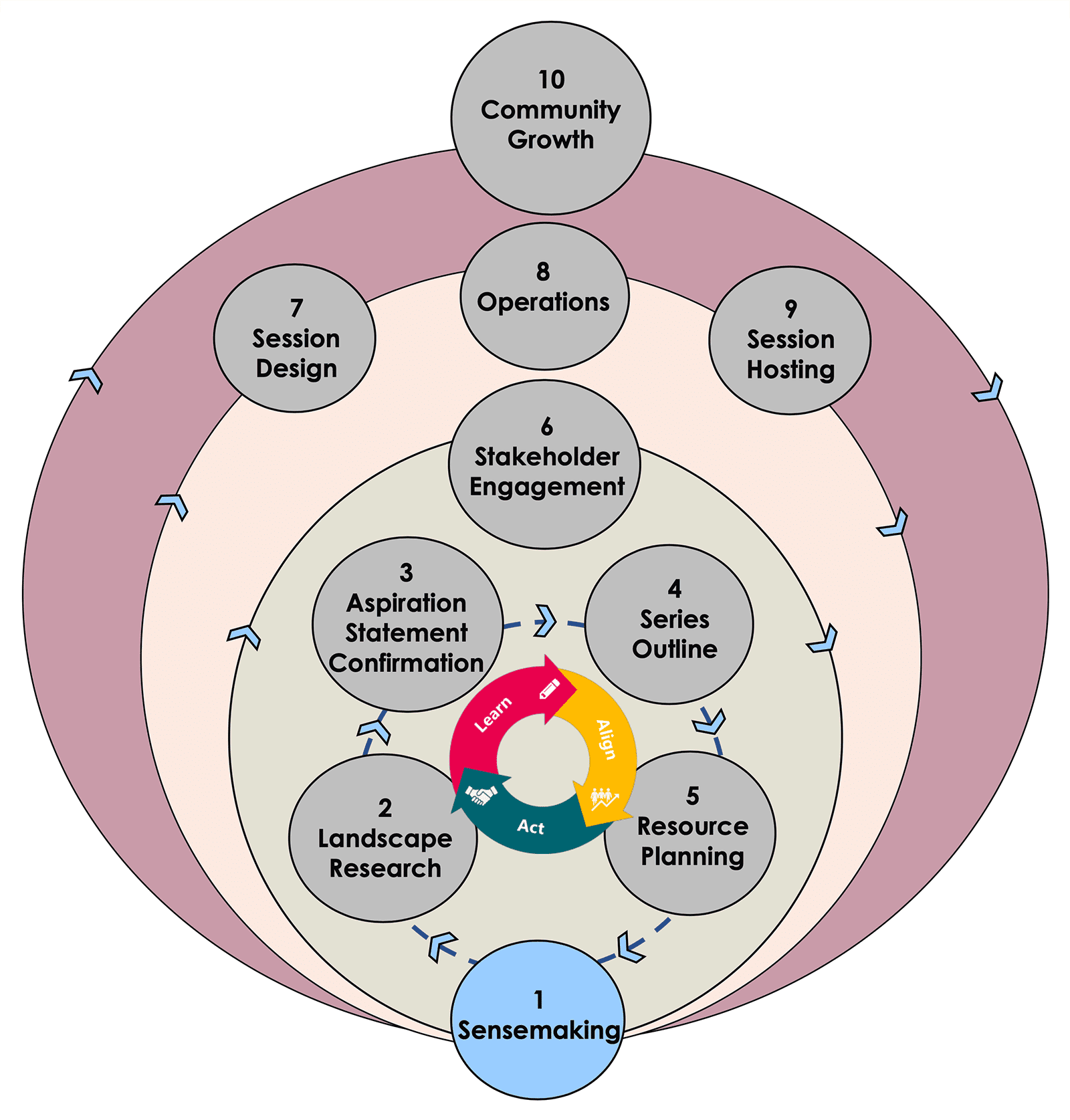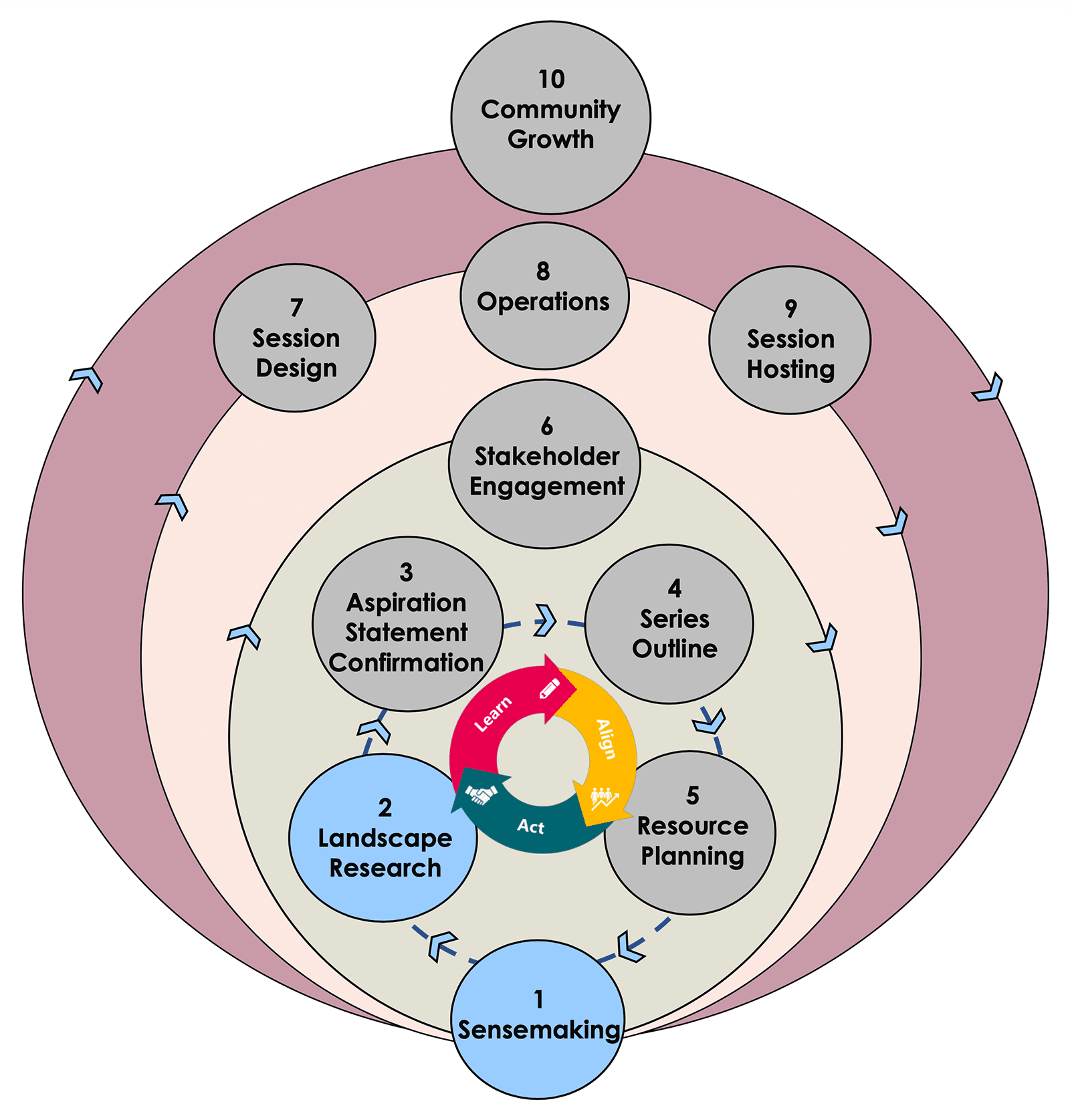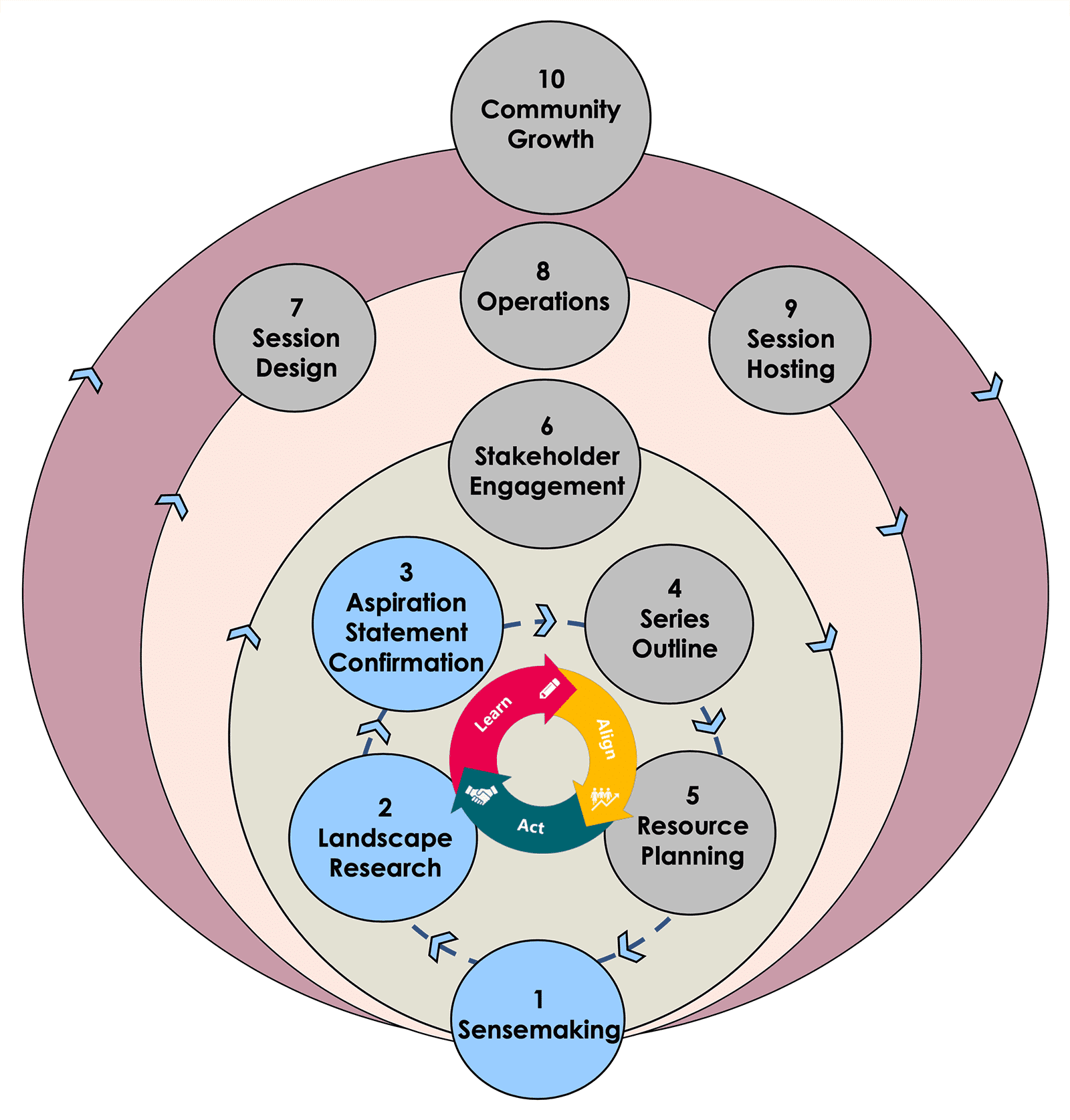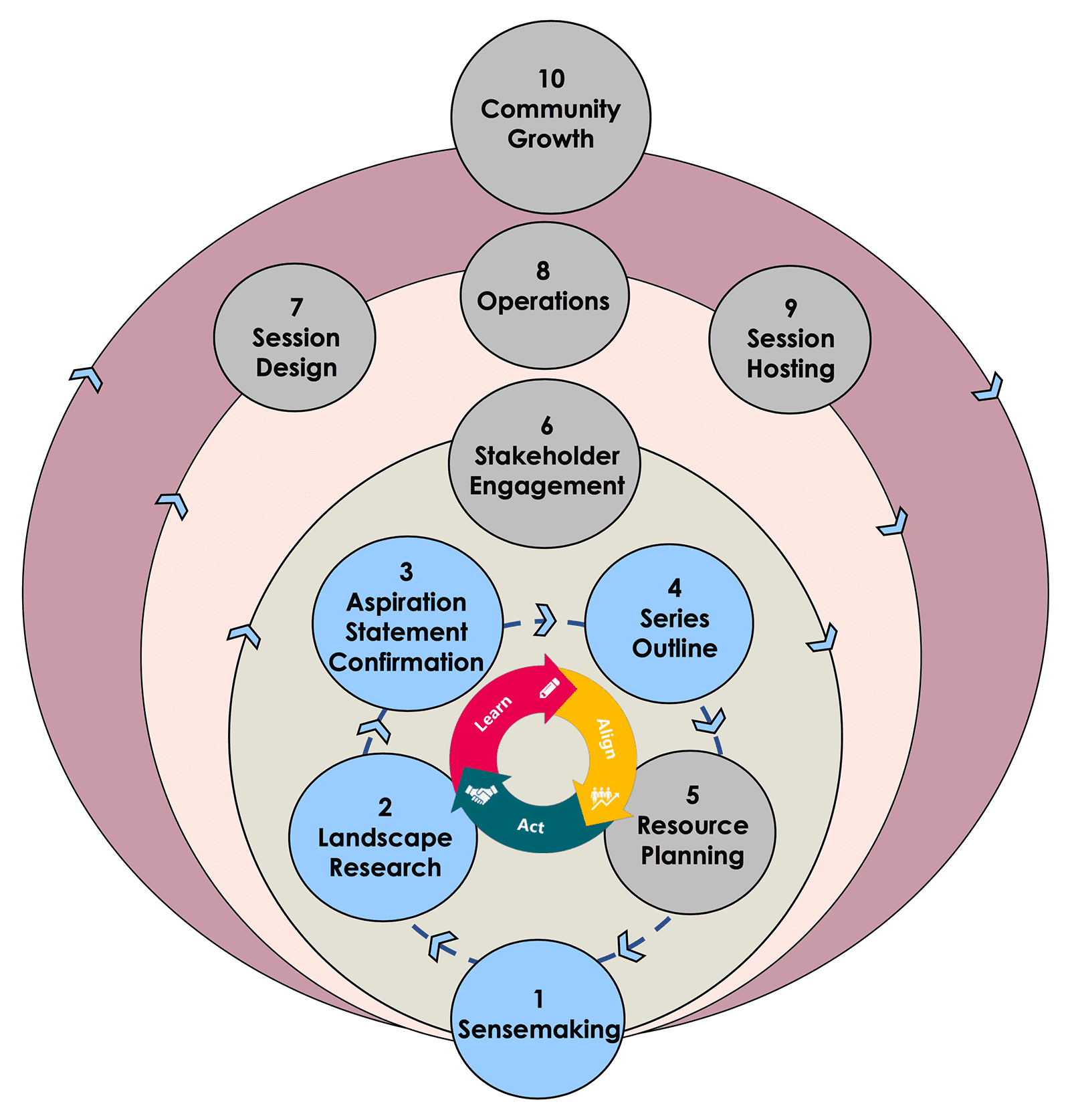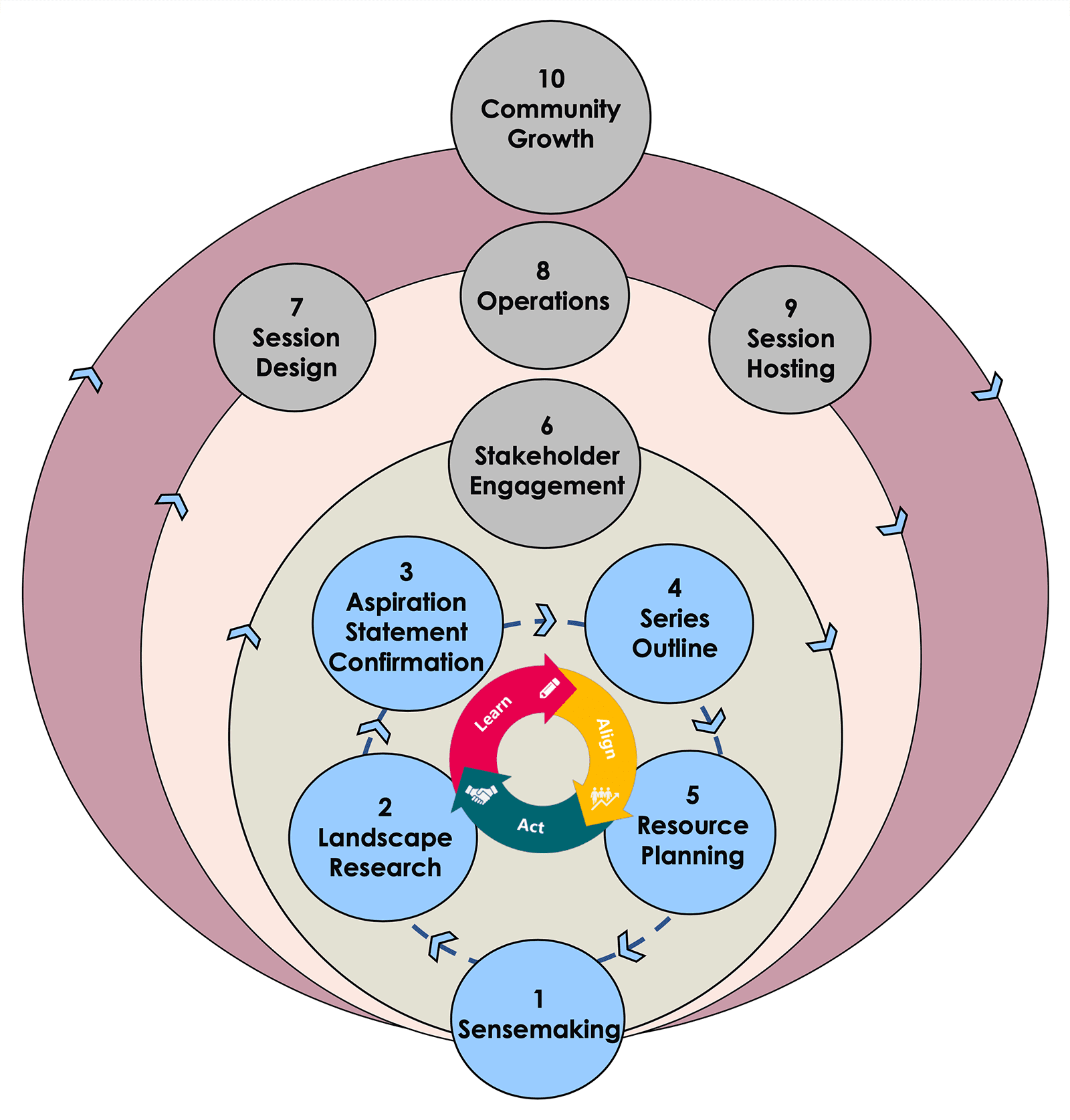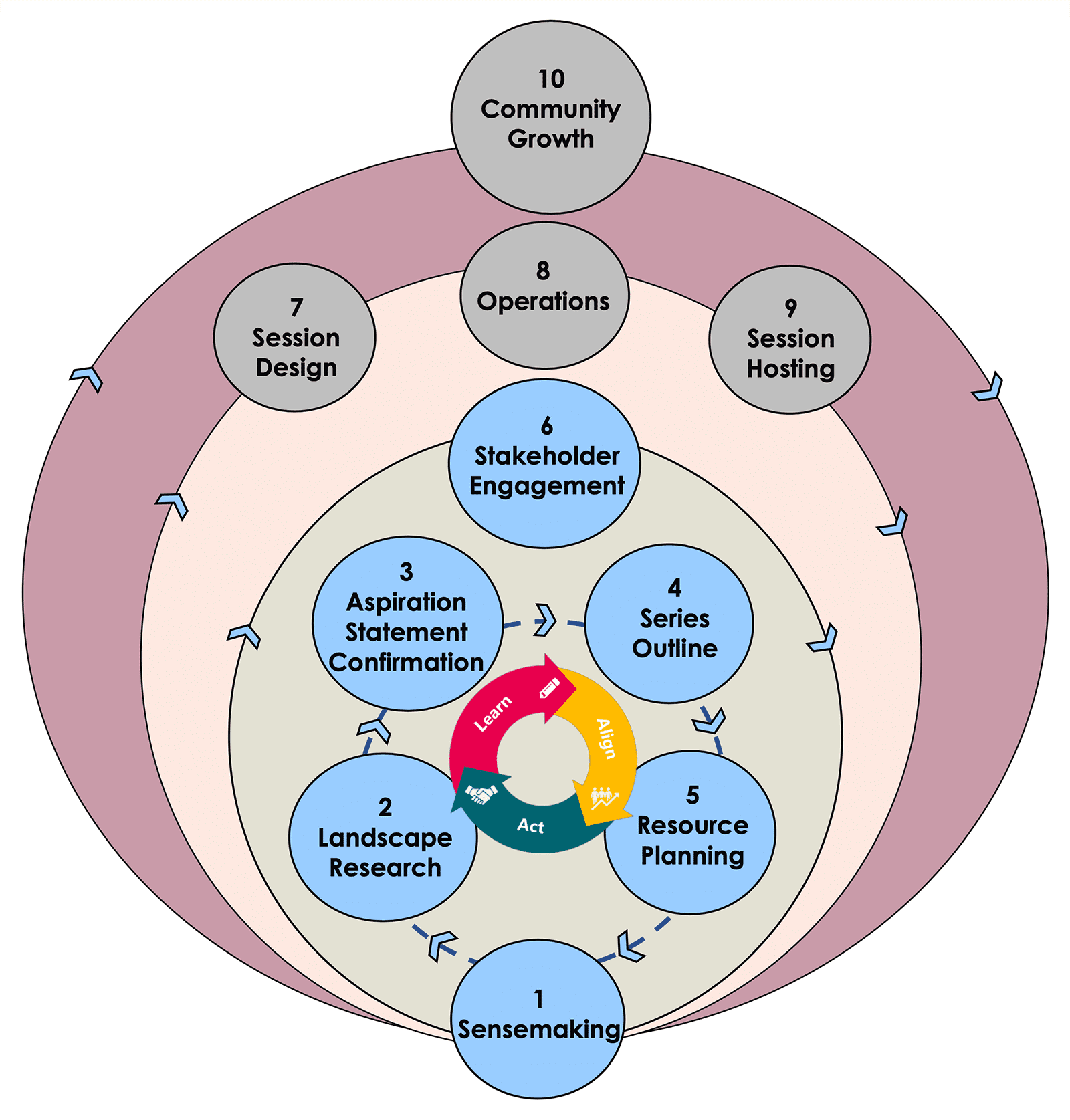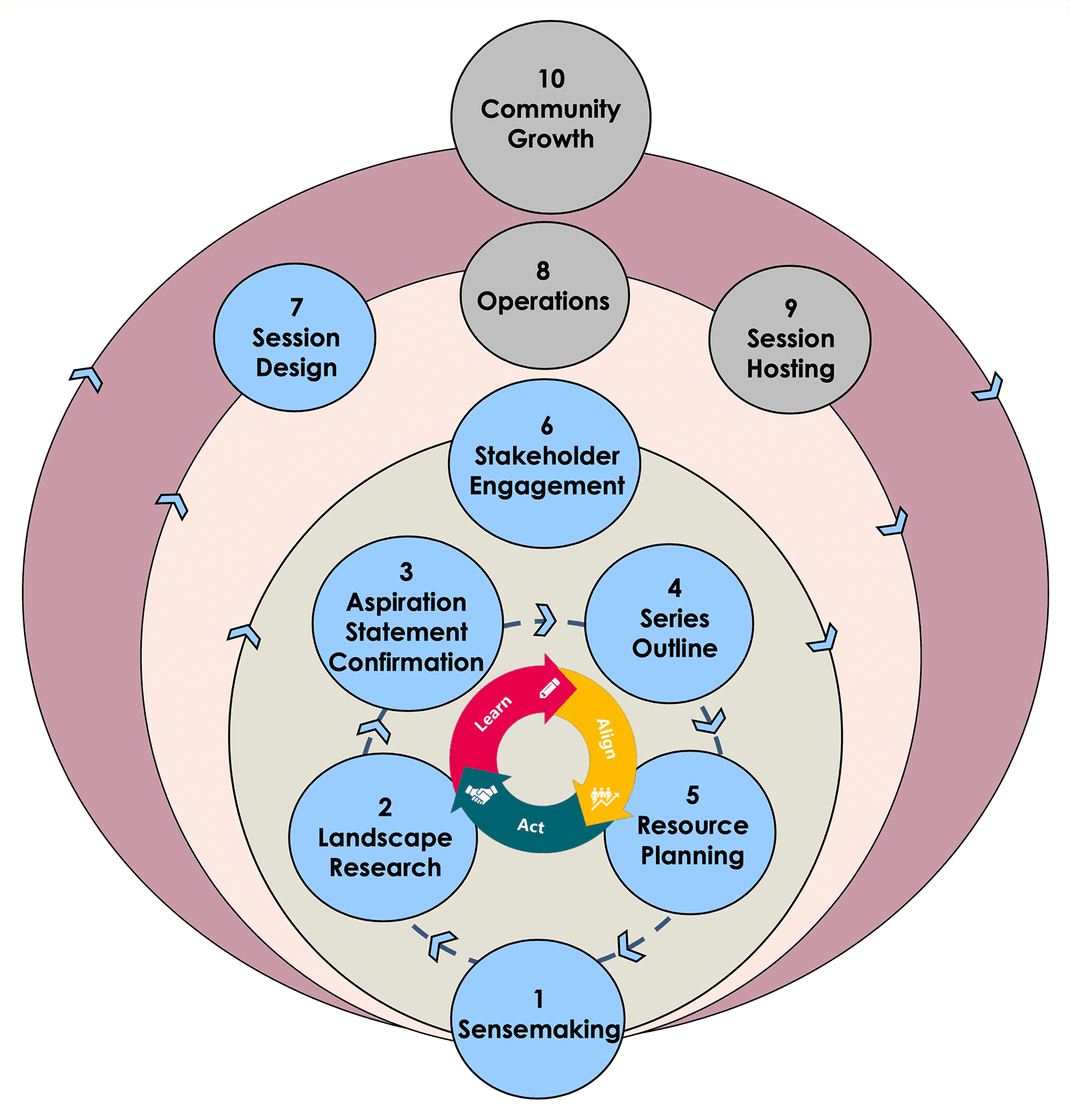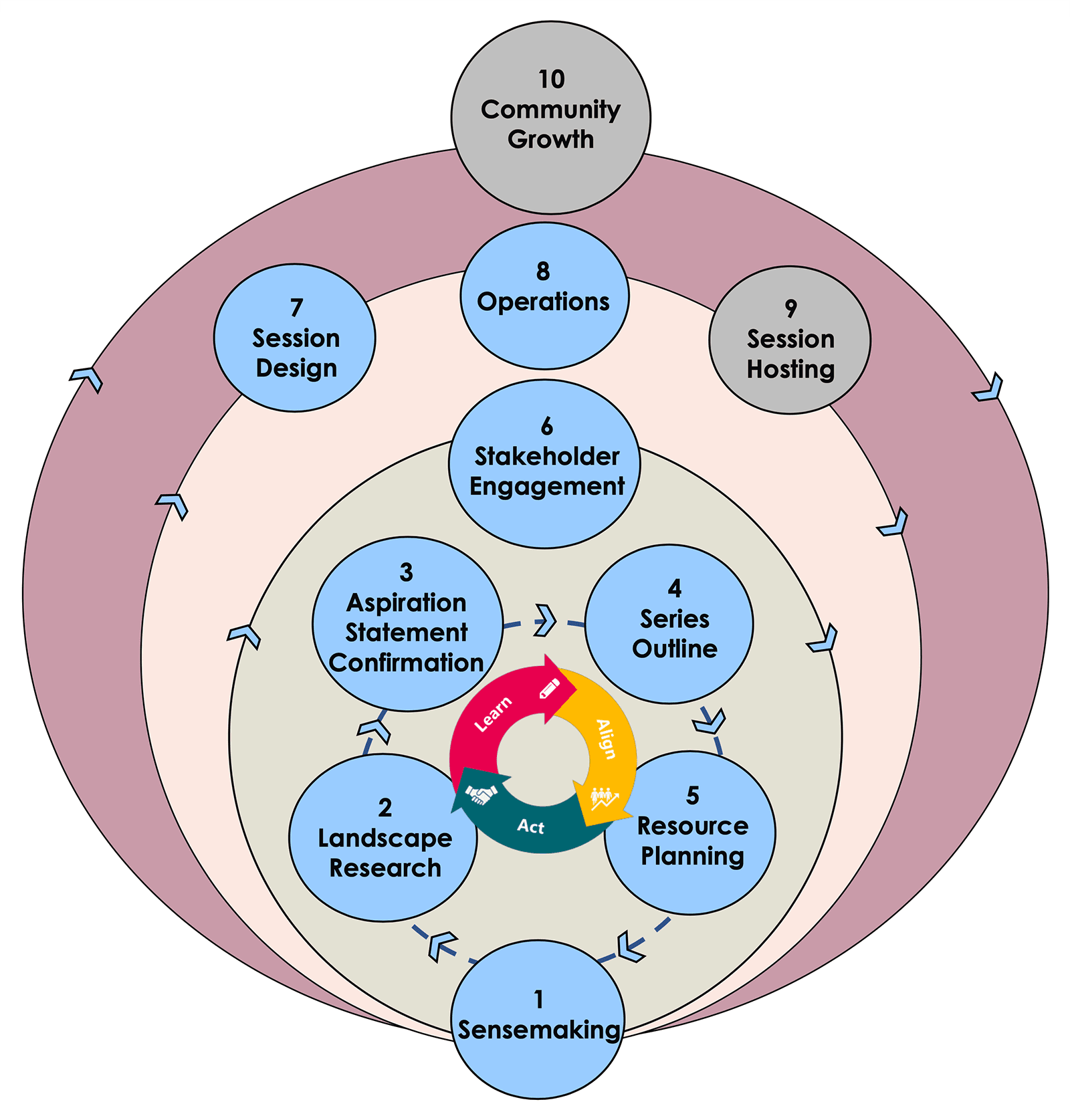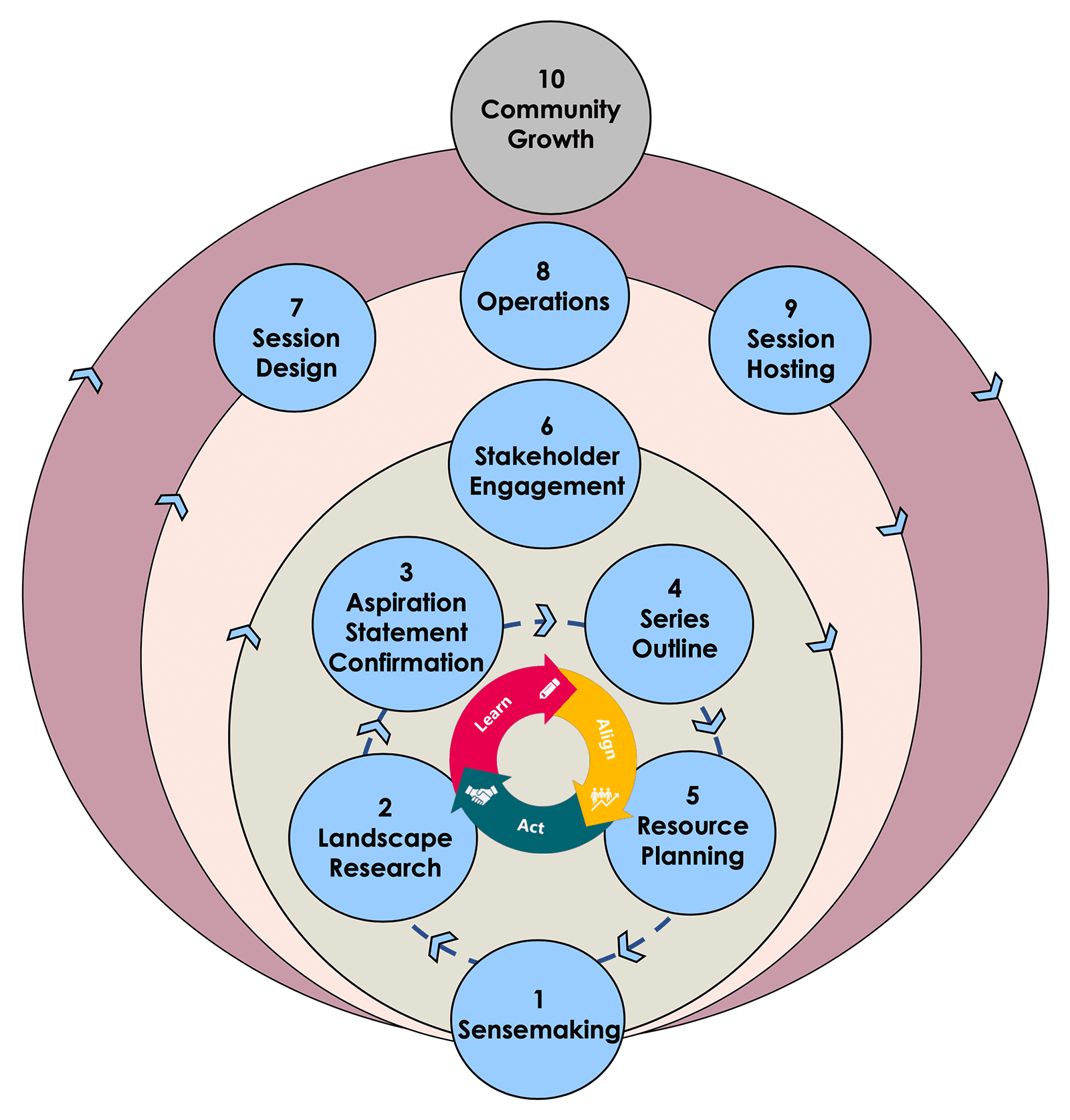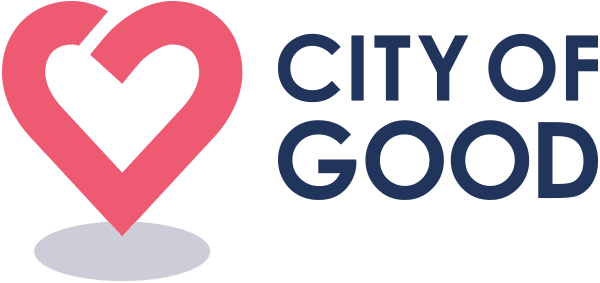Our Framework
Who is Colabs for?
Colabs is for anyone who is:
Keen
to deepen their awareness and understanding around complex social issues
Open
to explore new ways of making progress on these complex social issues
Willing
to work with a diverse group of people, and deal with ambiguity, uncertainty and emergence
Principles of Colabs
Our three principles underpin the creation of an inspiring, insightful, and meaningful experiences for the Colabs community.
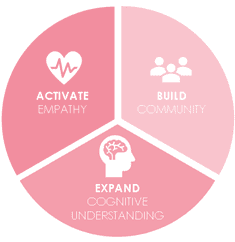
1. activate empathy
- To understand the system and its beneficiaries with compassion
- To stir members’ emotions and appeal to their humanity
- To increase their motivation to act
2. expand Cognitive understanding
- To develop a deeper appreciation for the complexity of the issue
- To increase collective knowledge and understanding towards the issue
3. build Community
- To transcend self-interest and work towards achieving greater impact together
- To identify and leverage strengths of members for collaborative action
The Colabs Journey
The Colabs Journey comprises of three key phases – Learn, Align and Act. This journey is not a perfectly linear process as complex challenges require an iterative approach.
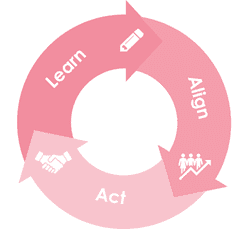
1. Learn
- To increase awareness about the issue and initiatives in the landscape
- To acquire emergent insights arising from collective knowledge exchange and sensemaking
- To have a deeper appreciation about the complexity in the ecosystem and understand its inter-relationships
2. Align
- To align priorities based on emergent insights
- To identify opportunities, assets and strengths in the community for collaborations
- To garner support from stakeholders to collaborate
3. Act
- To share expertise and resources across stakeholders based on emergent insights
- To collaborate for greater social impact
Series Outline
Participants would go through the Colabs journey from inaugural to alignment session, working towards potential collaborations post-series.

Inaugural
Landscape overview (Worldwide and/or Singapore)

Deep Dives
Deep Dive into specific issues - uncovering root causes, interlinked factors, different perspectives

Experiential
Experiences to increase empathy and motivation to act

Alignment
Moving towards collaborative actions; Prioritise and agree on shared outcomes

Collaborations
Co-create, design and deliver solutions - either scale existing programmes or create new solutions
